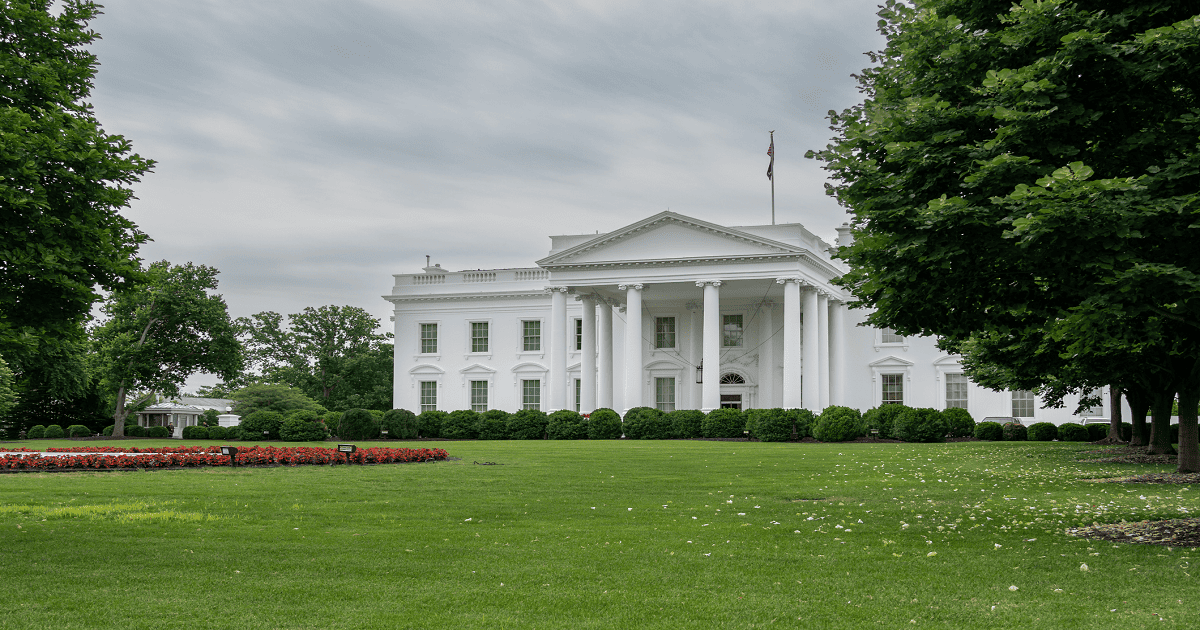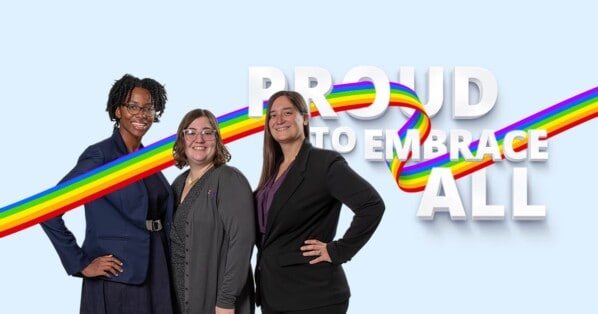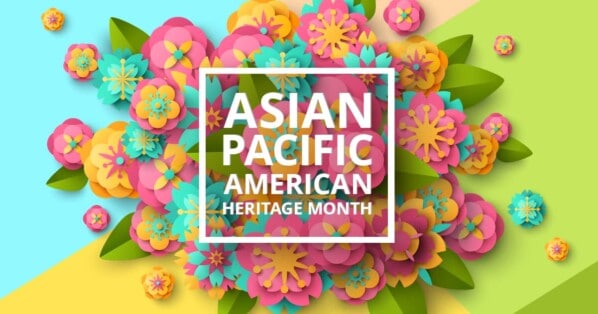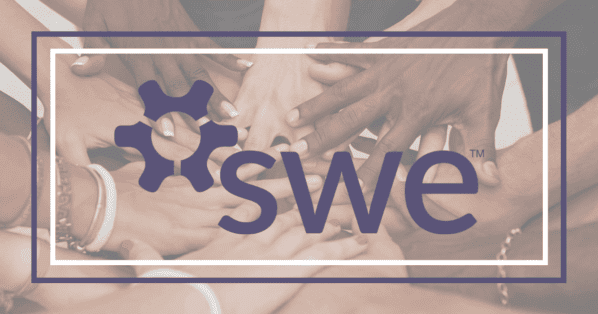SWE Leadership highlighted the need to promote DE&I efforts, offer multiple ways to access the STEM profession (including community college and reentry programs), and identify and prevent sexual harassment in education and workforce development programs.
For the upcoming plan, SWE highlighted three core areas the Administration should highlight in providing guidance on the next five-year Federal STEM Education Strategic Plan:
- The federal government should promote DE&I practices across all areas.
- The federal government should prioritize strategies to identify and prevent sexual harassment within STEM education programs and workforce development opportunities.
- The federal government should promote a variety of ways to access STEM education, including traditional pathways, but also dual enrollments, apprenticeships, reentry programs, opportunities for career changes, etc.
One of the key talking points was the importance of promoting DE&I practices at the federal level. SWE highlighted a recent letter it had sent, in solidarity with dozens of other STEM-focused associations, opposing recent anti-DE&I efforts at the state level. Read the 2023 Letter to State Leaders from SWE & Partner Societies around anti-DE&I legislation at the State level.
In the letter, SWE expressed concern about legislative language that could be interpreted as eliminating access to funding for student organizations and engineering education programs due to the nature of their mission, which would have far-reaching consequences. In its current form, the legislation could lead to the disenfranchisement of underrepresented communities in STEM at the university level, which would then undermine the quality of K-12 STEM education — not to mention engineering education at all levels, the U.S. workforce, and the country’s competitiveness globally.
SWE strongly recommended that state legislatures should not risk cutting off funding for student group organizations and higher-education engineering programs supporting students from diverse backgrounds. This funding and the continued support for DE&I programs is vital to ensuring that underrepresented communities in STEM have equal access to resources and opportunities.
SWE also emphasized the importance of prioritizing and requiring strategies to identify and prevent sexual harassment and gender discrimination within STEM education programs and workforce development opportunities. Sexual harassment in STEM disproportionately affects women, students of color, and members of the LGBTQ+ community. SWE ardently supported the recent passage of the CHIPS Act, which included much-needed strategies to combat sexual harassment that were long-advocated for.
Additionally, SWE advocated for promoting a variety of ways to access STEM education, including traditional pathways, but also dual enrollments, transfer pathways, apprenticeships, reentry programs, opportunities for career changes, etc. The organization shared the success of the STEM Reentry Task Force and suggested that tax incentives via a reentry program through the Department of Labor could help women disproportionately affected by COVID-19 bring their skills back online quickly — at a time when the country needs this very talent.
SWE’s ongoing advocacy to the White House OSTP highlights the organization’s commitment to promoting DE&I practices in STEM education and workforce development. By advocating for federal guidance to limit funding to states that are discriminating against DE&I practices, promoting strategies to identify and prevent sexual harassment and gender discrimination, and supporting a variety of ways to access STEM education, SWE is helping to ensure that underrepresented communities in STEM have equal access to resources and opportunities.
Each year, the organization brings over 100 engineers to Washington, D.C., to advocate for policies that advance the engineering and technology profession. To further these efforts, SWE is also part of the STEM Equity Alliance, STEM ED Coalition, and the ERA Coalition.
Supporting Links & Resources:
- SWE supports the STEM Restart Act (HR1403/S662)
- SWE Community College Research: Diversifying STEM: Student Success and Community College Transfer in Engineering and Computer Science
- SWE Research: Trends on Women in Engineering of the last 20 years (State of Women Engineering)
- Women of Color in Engineering Collaborative – A collaboration of professional STEM societies and industry partners focused on increasing retention of women of color in the engineering workforce
- SWE’s Advocates for Empowerment (A4E) – a gender parity and equality employer benchmarking program offered annually by the Society of Women Engineers
- SWE Research: Fast Facts About Trends for Women in Engineering and Technology
- SWE Research: Retention for Women in Engineering and Technology
- SWE Research: Climate Control: Gender and Racial Bias in Engineering
- SWE Research: Student Success and Community College Transfer in Engineering and Computer Science
Author
-

SWE Blog provides up-to-date information and news about the Society and how our members are making a difference every day. You’ll find stories about SWE members, engineering, technology, and other STEM-related topics.






